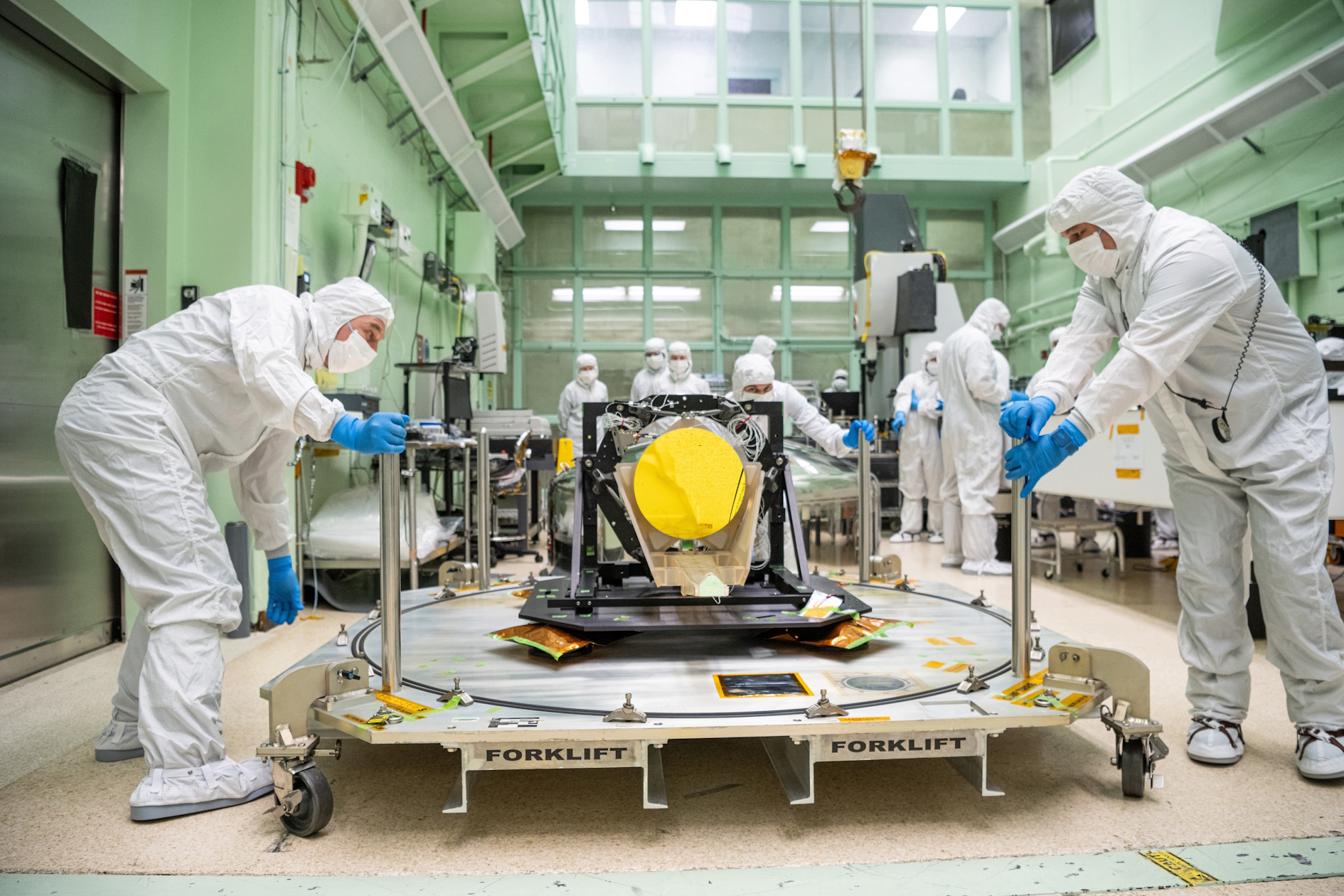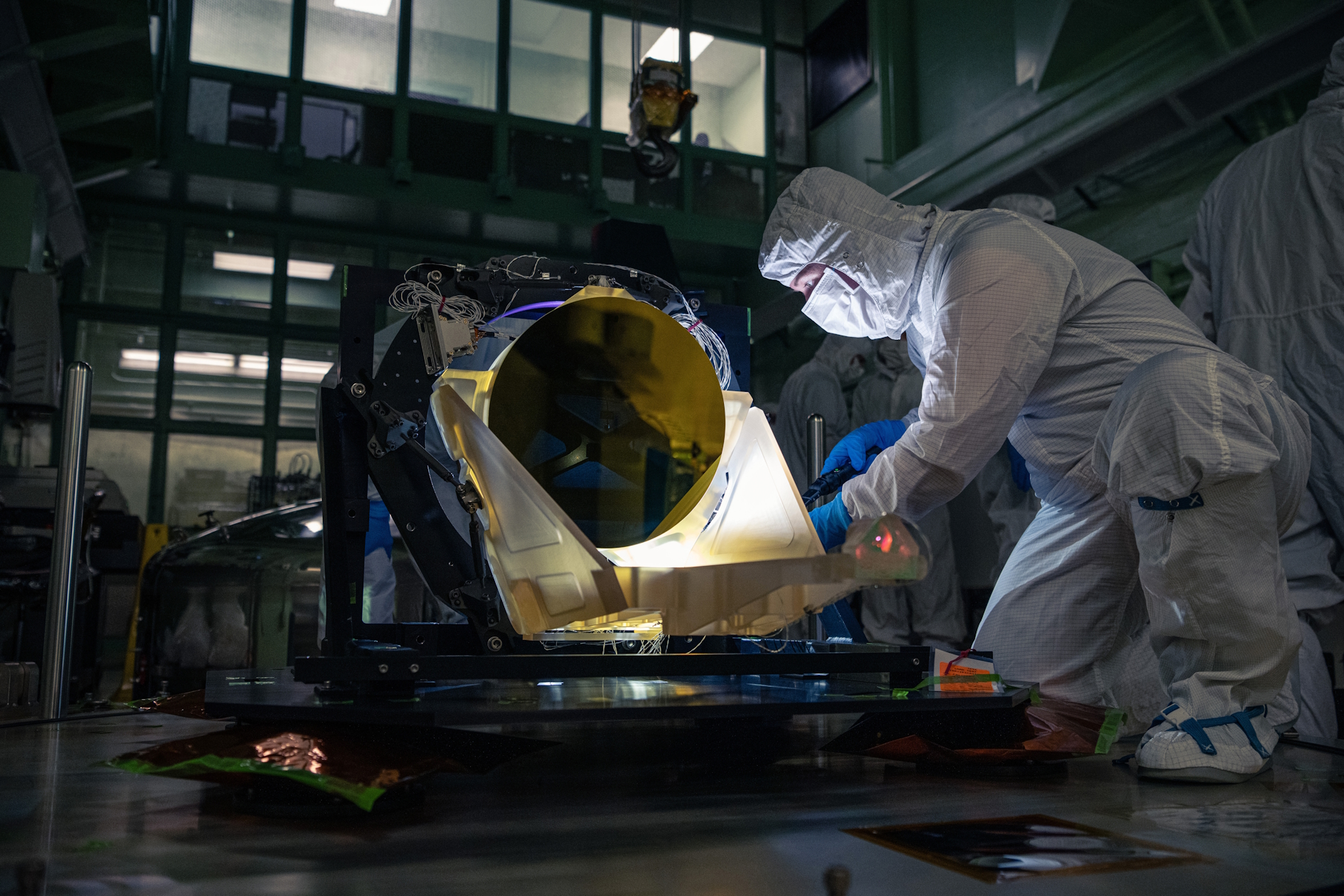The "Astrophysical and Cosmological Relativity" (ACR) department at the Max Planck Institute for Gravitational Physics (Albert Einstein Institute, AEI) in Potsdam Science Park announces the opening of several Ph.D. students and postdoctoral appointments in gravitational-wave theory, source modeling, and science interpretation. Successful candidates will join the GWSky project, which an ERC Synergy Grant has recently funded. We are particularly interested in hiring creative and highly motivated candidates who can work collaboratively and independently in a vibrant, welcoming, and synergistic group. The deadline for full consideration is December 6, 2024.
The ERC-funded project called “Making sense of the unexpected in the gravitational-wave sky (GWSky)” is led by PIs Alessandra Buonanno, head of the ACR department, Enrico Barausse (SISSA, Trieste, Italy), Zvi Bern (University of California, Los Angeles, US), and Maarten van de Meent (Niels Bohr Institute, Copenhagen, Denmark). Given the synergistic aspect of the GWSky project, we anticipate that for a few postdoctoral scholars, there will be the opportunity to spend two years at the AEI and the subsequent two years in another node. One of the supervisors of the Ph.D. students at the AEI may be located in another node.
The aim of the GWSky project is to use gravitational-wave measurements by existing and future observatories on the Earth and in space as precision laboratories for fundamental physics, cosmology, and astrophysics. This includes the current LIGO-Virgo-KAGRA detectors, as well as the future ground-based observatories Cosmic Explorer and Einstein Telescope, and the space-based detector LISA. By leveraging the PIs and their groups’ expertise, the GWSky project aims to develop a groundbreaking framework capable of solving the highly nonlinear equations by Einstein’s General theory of Relativity, creating waveform models with unprecedented accuracy, and translating these results into practical tools for interpreting the data.
As a consequence, we are looking at candidates in the following research areas: post-Minkowskian formalism, scattering amplitudes, gravitational self-force, post-Newtonian theory, effective-one-body formalism, numerical-relativity surrogate models, methods to accelerate waveform generation, numerical-relativity simulations in General Relativity and alternative theories of gravity, environmental effects for binary systems, tests of General Relativity, gravitational-wave data analysis and machine learning.
To apply, please submit your application via our job portal
for the postdoctoral positions here.
for the PhD positions here.
You will be asked to upload a cover letter, curriculum vitae, list of publications and a statement of past and future research activities of not more than 3 pages. Ph.D. applicants will also be asked to upload their university transcripts and Master thesis (if applicable). Applicants will need to indicate the names of three referees for recommendation letters. Please Register an account with our job portal and fill in the contact information for the referees well before the deadline, so that reference letters can be received in time. Referees will receive an email with instructions on how to upload their letters. In case of technical problems with the application form, please contact jobs(at)aei.mpg.de.
The four nodes of GWSky will have positions in a variety of subdisciplines that feed into precision theoretical studies of gravitational waves. Those interested in potential positions at other nodes may follow the links:
Candidates are encouraged to apply as soon as possible. The deadline for full consideration, including receipt of reference letters, is December 6, 2024. The anticipated start date of the positions is Fall 2025. Applications will be considered until all positions are filled.
The salary and social benefits (e.g., health insurance) are based on the collective labor agreement “TVöD Bund” for the German public sector, usually at pay grade E13 (if the qualifications according to TVöD are met). In case an offer is made, a projection of the gross and net salary based on the TVöD regulations will be prepared.
The Max Planck Institute for Gravitational Physics is an equal opportunity employer and is committed to providing employment opportunities to all qualified applicants without regard to race, color, religion, age, gender identity, sexual orientation, or national origin. The Max Planck Society is committed to increasing the number of individuals with disabilities in its workforce and, therefore, encourages applications from such qualified individuals. The AEI and the Max Planck Society welcome persons with diverse backgrounds, experiences, and ideas who embrace and value diversity and inclusion (Code of Conduct). The institute promotes a healthy work-life balance by offering all employees a family support service, cooperation with a nearby international kindergarten, and an in-house parent-child office and nursing room.
For further information, please contact acr-jobs(at)aei.mpg.de.
Please find here full details.

